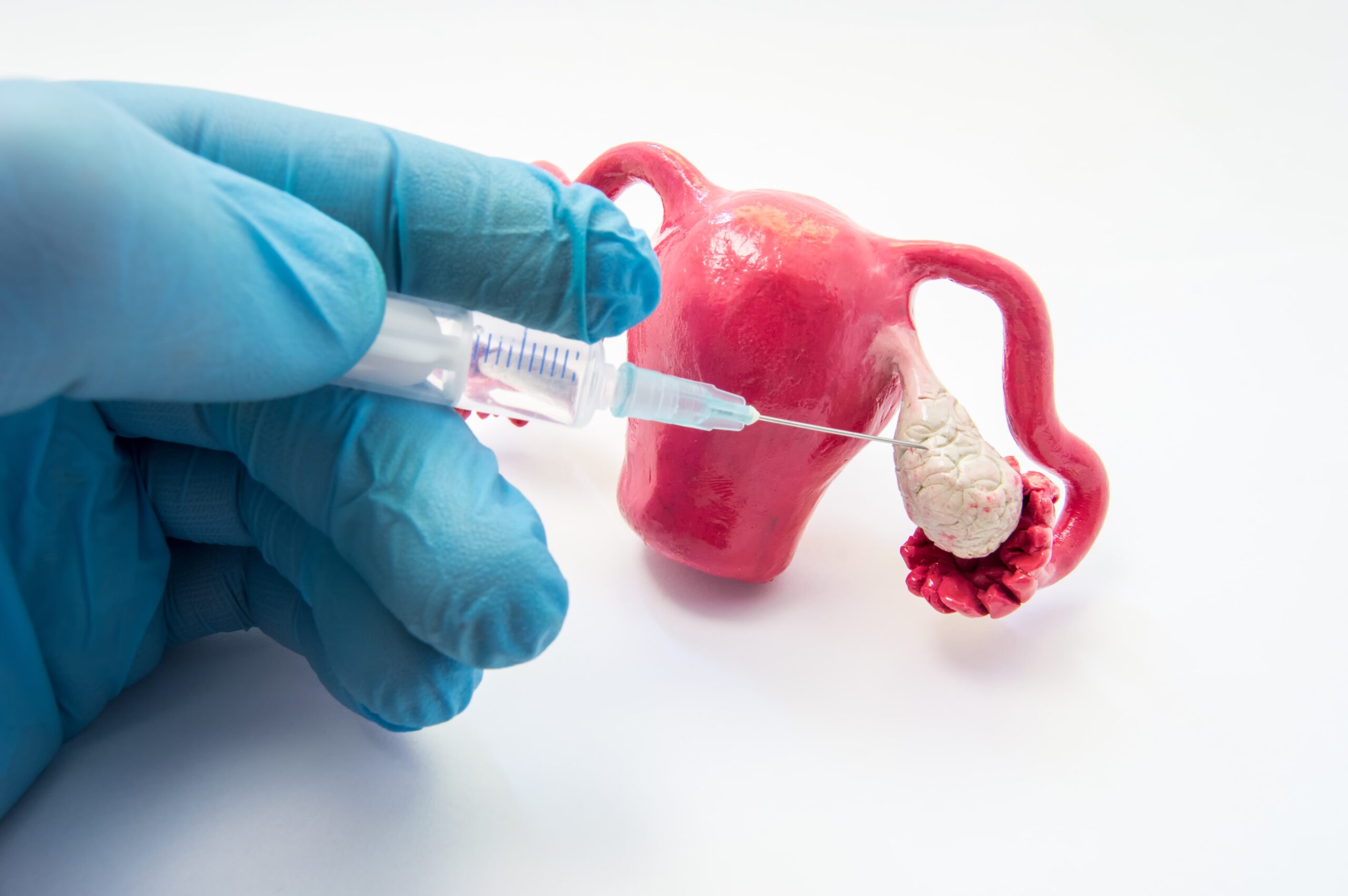Are you experiencing intense menstrual pain or symptoms suggesting the possibility of endometriosis? It is estimated that approximately 10% of women of reproductive age are affected by this condition, but the actual number might be higher due to underreporting. A survey by NUH, SGH, and KKH involving 2,522 women revealed that more than half of the participants exhibit symptoms indicative of endometriosis or related gynaecological issues, highlighting the significance of exploring endometriosis IVF successes for those looking to conceive.
These symptoms include:
- Difficulty conceiving/infertility
- Extreme menstrual cramps
- Excessive or unusual bleeding during menstruation
- Pain in the back during menstruation
- Pain during sexual intercourse
- Persistent fatigue
Even so, 20-25% of women do not display symptoms – this is known as “silent endometriosis”. If you have been consistently unsuccessful in getting pregnant and crossed out all the other factors for infertility, consider getting screened for endometriosis – especially before trying for IUI or IVF.
In this article, we’ll discuss how endometriosis affects fertility, if endometriosis plays a role in IVF success rates and whether to treat the condition before opting for IVF.
How does endometriosis affect fertility?
Endometriosis is where tissue from the uterine lining is found outside the uterus. This displaced endometrial-like tissue acts in response to hormonal changes, meaning it can mature and bleed at any point through your menstrual cycle.
When this happens, the endometrial tissue’s surrounding area becomes inflamed, resulting in extreme pain. This occurrence can also influence fertility in several ways:
Quality of egg
The inflammation caused by endometriosis around the reproductive organs can influence the development and quality of the egg, as well as its fertilization and implantation in the womb. The presence of scar tissue surrounding the ovaries can also affect the flow of blood and supply of oxygen to the ovaries, resulting in suboptimal egg quality.
Obstructions in the reproductive system
Adhesions, cysts and scar tissue are different factors that can build up in and around the organs of the reproductive system, hindering the process of conception. These factors can block the pathway in which a mature egg passes to get to the uterus.
Painful sex
Many patients with endometriosis experience painful sexual intercourse, causing them to lose the desire to be intimate entirely.
Does endometriosis affect IVF success rates?
Unfortunately, endometriosis does affect the success of in-vitro fertilization (IVF) treatment – this is mainly due to lower oocyte and embryo quality, as well as chronic inflammation of the ovary, uterine cavity and peritoneal cavity which affects the implantation of embryos.
But all hope is not lost – it is still possible to achieve IVF success. The key is to manage your condition before commencing IVF treatment, and time the cycle accurately.
Is the IVF process different for women with endometriosis?

The IVF procedure may vary somewhat. During the egg retrieval stage of IVF, a rise in estrogen levels could potentially enlarge endometriosis lesions, leading to increased symptoms for the patient. If your endometriosis is so severe that accessing your follicles safely is not possible, your physician might recommend surgery, prescribe medication, or advise an alternative method with the least amount of risk involved. Consulting with a fertility expert who has experience in managing endometriosis is strongly advised.
Should you treat endometriosis first before opting for IVF?
Some studies suggest that it may be beneficial for certain patients to undergo medical treatments that contain gonadotropin-releasing hormone (GnRH) agonist medication before IVF.
This treatment is administered 3-6 months before IVF and is believed to lead to the waning of endometriosis, thereby increasing the chances of fertility.
However, it is important to note that further studies are needed to cement the proven and positive effects of GnRH agonist treatment ahead of IVF, as there is no solid evidence that proves GnRH has a positive effect on IVF conception or live birth rates.
Generally, surgery is often proposed as a pre-treatment before IVF. This surgery is often done with laparoscopy or laparotomy. Below is a table showing a comparison of the two procedures:
| Laparoscopy | Laparotomy |
| Minimally invasive | Major surgery |
| Performed using general anaesthesia | Performed using general anaesthesia |
| Requires small incisions to the abdominal area | Requires larger incisions to the abdominal area |
| No pain was felt during the procedure as the patient is asleep | No pain was felt during the procedure as the patient was asleep |
| Shorter downtime following the procedure; the patient is allowed to go home after the surgery | Longer downtime following the procedure; may require overnight stay in the hospital for monitoring |
| Uses a laparoscope | Uses surgical tools |
Endometriomas must be removed through surgery to suppress inflammation and reinstate regular pelvic anatomy before the IVF cycle starts. Fertility specialists may also encourage women who have endometriosis to freeze their eggs at a younger age to increase IVF success.
Final thoughts
While endometriosis can affect fertility, it does not mean you should give up hope of creating your own family – technologies like IVF were invented to help couples conceive. Contact us today to find out more about our fertility programs.
